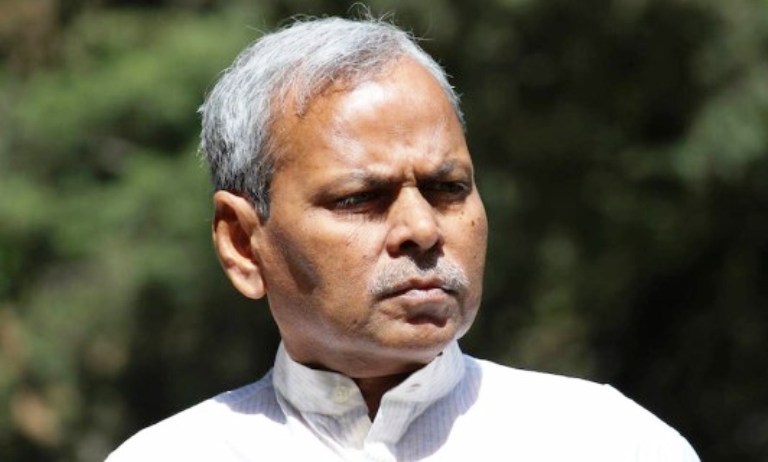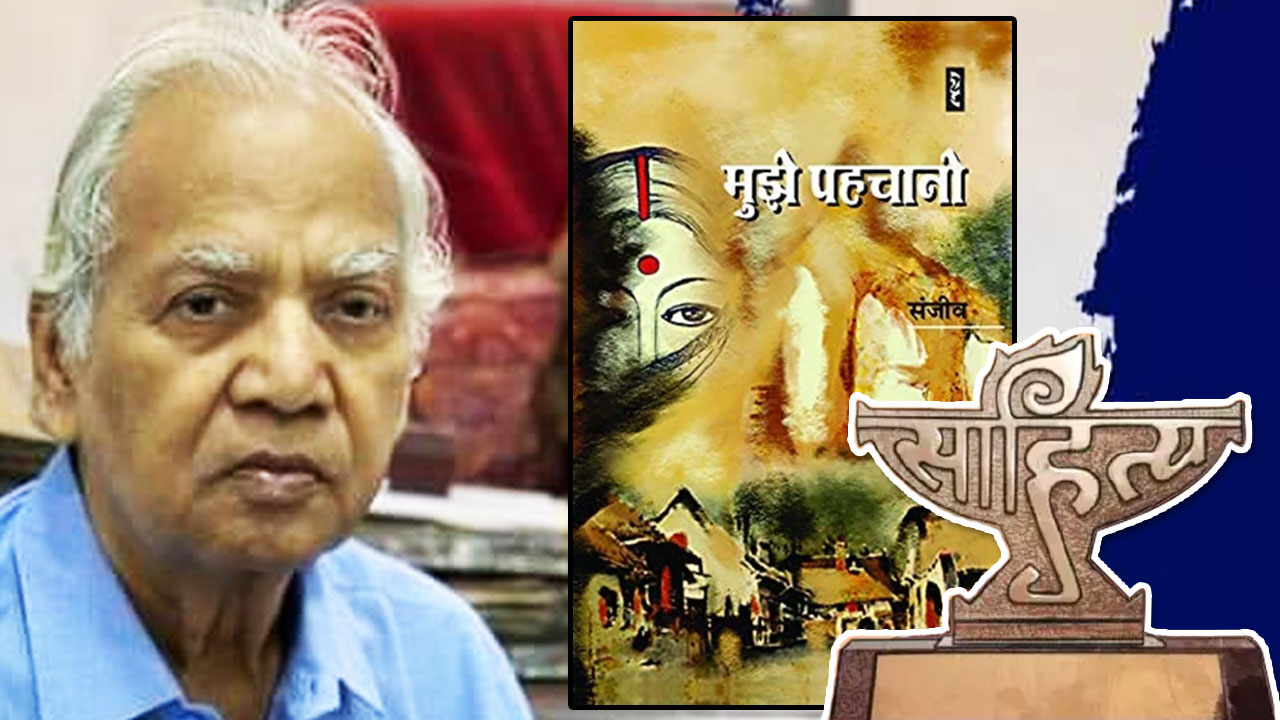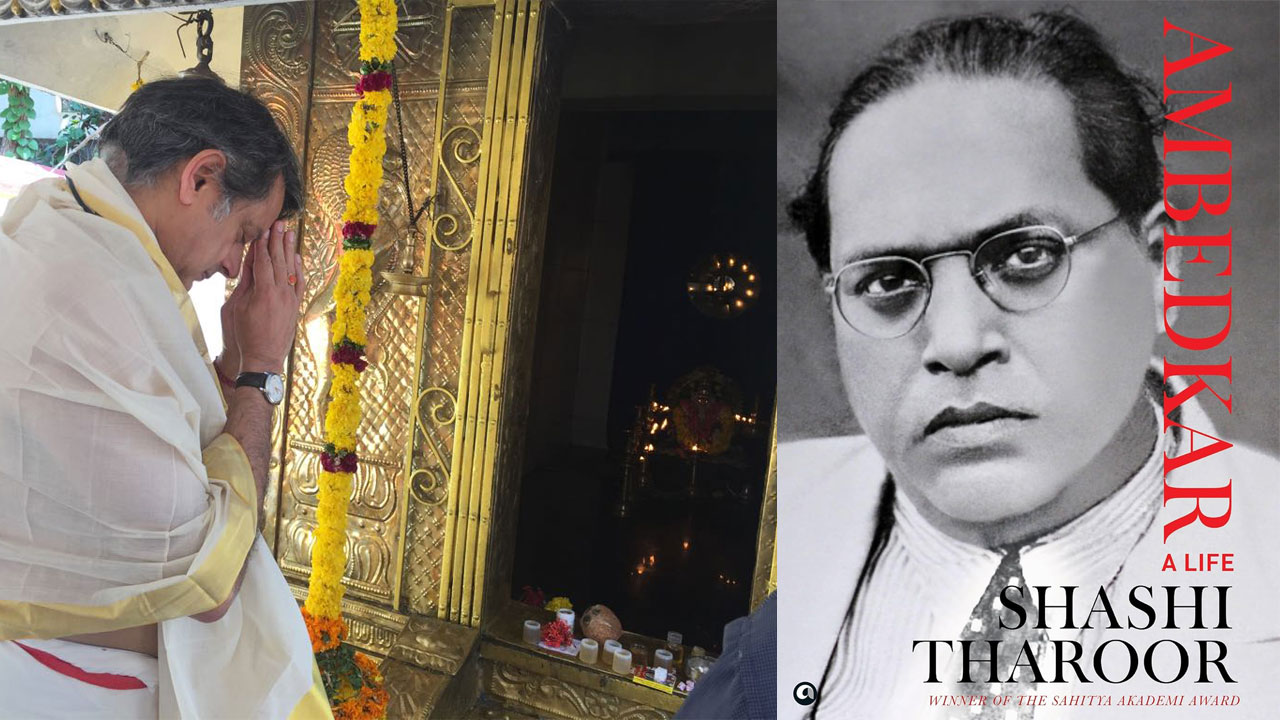Prema Negi in conversation with Premkumar Mani
What is Bahujan literature?
To me, the meaning of Bahujan literature is “the literature of the many”. It is the literature of many, not a few, people. If this is what it means, then I welcome Bahujan literature. I will also say that it is not new. Literature is always of the many. The literature that is of the few, for the few, is called court literature, feudal literature. Such literature could not survive for very long. It could not acquire the prestige that is to be enjoyed by literature. For example, Kalidas’ literature did not acquire prestige like Valmiki’s or Ved Vyas’. Kalidas’ literature could not become the readers’ favourite. No doubt, it is beautiful. But it is more about entertainment than welfare. His literature is written keeping some people at the centre. Valmiki and Ved Vyas have written keeping many at the centre. They have written in folk language, dialects. It is also possible that the stories of Mahabharata and Ramayana were available in folk languages and Valmiki and Ved Vyas recomposed them for the educated classes in their language. So, the difference between the literatures of the masses and classes has existed since ancient times. In modern times, Marxist friends have clothed people’s literature in their ideology. When the language of people decked itself in Marxist ideology, it was called progressive and populist literature. Buddha had been the first to add the prefix “Bahu” (many) to “jan” (people). Therefore, after the end of the Marxist period, some comrades discussed Bahujan literature. Then it got one more meaning – that Buddha’s concerns and thoughts should be assimilated into the literature. Dr Ambedkar has given the modern definition of Buddha’s thoughts. So, in a broader context and in modern terms, Bahujan literature means the convergence of literature and Phule-Ambedkarism – the convergence of literature and an established ideology. The development of Marxist or populist literature into Bahujan literature is historic. This development should be underlined.

There often have been allegations that progressive writers do not take Shudra and Ati-Shudra literature into consideration in their criticism.
Progressive writers gave literature a new meaning and tried to understand the perspective of the working class and farmers. But that was the period of sympathy. Among the working class and farmers, the writers were few, almost non-existent. Yes, the educated people felt a sense of sympathy for the working class and farmers and they organized themselves. This was the period after the national movement. During the 1930s, movements of farmers, Dalits and other backward classes started emerging. The national movement, dominated by the bourgeoisie, used to avoid them. But in 1936, some Urdu-Hindi progressive writers formed an organization and held a conference in Lucknow. In his presidential address, Premchand said, “It’s our duty to speak for the Dalits, the deprived, and those who are suffering – be it a person or a community.”
We must not let go of this heritage of progressive literature. Everything develops, undergoes metamorphosis. The development of progressive literature has resulted in Bahujan literature. I would like to keep it in the same form. Bahujan literature is not opposed to progressive literature but only gives it a dynamic form. We accept that progressive literature has not been able to assimilate the social changes. A least a seminar will be needed to clarify this fact. Definitely it had its own reasons, but I could not understand what you meant by progressive writers not considering the literature of Shudras and Ati-Shudras in their criticism. It is true that Ramchandra Shukla ignored Kabir but shortly afterwards Hazari Prasad Dwivedi wrote a whole book on him. In 1978, Ramvilas Sharma reproduced the whole poem Achchut Ki Shikayat (An Untouchable’s Complaint) by Heera Dome in his book Mahavir Prasad Dwivedi Aur Hindi Navjagaran and elaborately discussed it. Like life, literature also has a stream and should be understood in the context of that stream.
How relevant is the concept of OBC literature?
I want to dismiss it in no uncertain terms. This is frustration. It has no ideology, it can never have one. In the 1970s, Marathi Dalit literature emerged with the ideology of Phule-Ambedkar. It was a reaction to the Gandhi-Savarkar trend in the established modern Marathi literature. It was a revolt against sterile Marxism. Unfortunately, Dalit literature gradually turned into Scheduled Caste literature. I consider this the degeneration of Dalit literature. The situation today is that instead of becoming a stream, Dalit literature has become a well – ‘Dalit well’ like the ‘Thakur well’, which is guarded by some Dalits so that no non-Dalit gets to it and tastes its nectar. Some OBC writers with a similar tendency want to turn Bahujan literature into OBC literature and establish their dominance. Bahujan literature includes both Dalit literature and progressive literature. I don’t think it would make sense to limit this to OBC literature. OBC and Scheduled Caste are the terms of the law. These terms were coined for a certain period to give special opportunity to the socially backward classes. Its boundaries could keep changing, like BPL (Below Poverty Line). Those who are BPL this year may be APL next year. If there can be OBC literature, why not BPL literature? But would this be right? Such divisions are not possible in literature. I have said it many times that Russian writer Tolstoy was from a landlord’s family and even wrote about the same social class. But his literature was the literature of farmers’ consciousness. Lenin called him the writer of farmers’ consciousness because he wrote from the perspective of farmers.
Some writers regard “Bahujan” as only a political category. What is your opinion?
There is no politics in the word “Bahujan” but it does have an ideological background. In the 1984, famous politician and thinker Kanshi Ram, after a long discussion, extended Ambedkar’s “Dalit” to Buddha’s “Bahujan” and established a political party named Bahujan Samaj Party. During his lifetime, Ambedkar set up the Scheduled Caste Federation (SCF) and used this platform to contest the 1952 elections. After adopting Buddhism, he turned the SCF into the Republican Party. Kanshi Ram had been observing the hypocrisy of the Republicans for sometime. Ambedkar’s followers had destroyed the Republican Party. Kanshi Ram realized that without Dalits, none of the big battles of the backward classes could be won. By staying away from Dalits, even the backward classes were merely laying bare their casteist hypocrisy. Kanshi Ram brought Dalit, OBCs, Tribals and minorities on one platform and called them Bahujan. It was the ideal combination of tradition and progressiveness. It has also an ideological background. Those who are unfamiliar with it call it only a political word. Actually, at the time, Dalit literature should also have transformed into Bahujan literature. But then, we didn’t have a literary background that we have now. Bahujan literature is explicitly an extension of Dalit literature and its ideology encompasses Buddha, Phule, Ambedkar, Antonio Gramsci and Derrida. All struggles and thoughts desirous of liberation should be considered Bahujan literature’s heritage and it should liberate itself from all kinds of straitjackets. The meaning of Bahujan literature should be the literature of human emancipation. Some people want to make it literature of caste cartelization. This is sad. The transformation of Bahujan literature into OBC literature would be akin to Dalit literature becoming Scheduled Caste literature. I still say that had Dalit literature not been conditioned by caste and not become Scheduled Caste literature, there would be no need of Bahujan literature.
Does it bode well for democratic values to categorize literature into different caste camps?
No, not at all. I never supported it. It is one thing to disagree for the sake of discussion and then discuss it, it is another thing to favour it. In his novel Maila Aanchal, Renu has discussed “barho baran” (all castes) but he makes an unknown, “decaste” Prashant the hero. This is consciousness. Rabindranath Tagore has created a similar hero in his novel Gora. We should have ideals like them.
What is your opinion on the plan to use the concept of Bahujan literature to bring Shudra, Ati-Shudra and women’s discourse and Tribal literature under one umbrella?
This should be welcomed. The very purpose of Bahujan literature should be to gather all these discourses and bring them to one place. It would be a big task to integrate the different ongoing struggles of the neglected and exploited for their nationality and identity. Buddha emphasized compassion more than thought. Bahujan literature should also emphasize sensitivity more than thought. There is the danger of totalitarianism and falsehood arising with thought but sensitivity dismisses it. Yes, thoughtless sensitivity is also hollow. Muktibodh has talked about a sensitivity that is based on knowledge and a knowledge that is based on sensitivity. This is a very important thought. Bahujan literature should accept it.
The writing of the history of Hindi literature has come under criticism for not being fair to Kabir by calling him the poet of rebuttal and approval. Is OBC criticism necessary to evaluate Kabir logically?
Kabir was never dependent on the learned and critics. Even during his lifetime, standing at the junctions of Kashi, the city of the learned, he would dare the ‘wise’ Pandey community to grasp his intellect. He was a free and easy-going poet. To make him stand in the box of caste and community is not only to insult him but also to set limits for him. He was poet who was above and ahead of all this. He said, “Had chale so manava, behadchale so sadh. Had behad dono tajai, tinka mata agadh.” (The one who lives by the conventions is a human being, the one who doesn’t is a sage. The one who doesn’t do either, his intellect cannot be grasped.) To set limits for Kabir in the name of criticism or review is the biggest insult to him. Kabir is just like the sea and sky that we can’t have in the palm of our hand. He does not need analysis or criticism. He is an uncommon poet. His critics were the artisans, farmers and craftsmen of his period who washed themselves clean with his poems and became spiritual, and improved their lives and transformed craftsmanship through hard work. This craftsmanship is what took the Mughal period to its peak.
Jyotiba Phule and Savitribai Phule opposed the stupidity of Brahmanism and caste system and voiced their the support for the economic upliftment of farmers. But in spite of a horde of progressive writers and critics, the Phules’ thoughts don’t find mention in their works.
First, I want to correct the question. Jyotiba Phule did not come out in support of improving the economic condition of farmers. Rather, he introduced this issue. The question seems to be saying that work was already being done for the reformation of farmers and Phule supported it. Phule was the first person to bring this subject to the notice of society. In the national renaissance in Maharashtra, Phule included opposition to Brahmanism. This was a new thing. People didn’t understand it then. Not even in Maharashtra. The Phules remained in historical hibernation for about a hundred years. Gail Omvedt and other learned people brought them forward through their studies in the 1970s. Since then people have gotten acquainted with them. Now, gradually, their importance is revealing itself. No doubt, they were amazing ideological and cultural warriors. Their writing was not available in Hindi. Around 1990, their writing was translated from Marathi to Hindi. Since then they have been talked about. How could they be talked about before this? It is foolishness to blame anyone for it. Phule had very little information about Buddha – he did know as much as Dr Ambedkar did. Had Ambedkar belonged the period of Phule, he too wouldn’t have known much because a lot of the material on Buddha emerged only in the beginning of the 20th century. Through archaeological excavations, information on Ashoka and Mohenjo-Daro became available. Due to the lack of this information our knowledge of history was very limited. We must comment on these subjects only after we know these facts. It would be injustice to blame the progressive critics for such things. Why Phule? How much do the Hindi-speaking people know about the famous Malayalam poet Kunwaran Aashan? We have a paucity of translations. We aren’t paying attention to this aspect of literature. We don’t pay attention to what we are doing but closely keep track of what others haven’t done.
Among the sincere thinkers on the emancipation of women Jyotiba Phule is accepted without any debate. But doubts are being raised over the modern writers-thinkers, including Kabir, Gandhi, Bharatendu, Maithilisharan Gupt, Jaishankar Prasad. What would you like to say about this?
Women’s discourse, women’s emancipation and feminist movement are separate subjects. Jyotiba and Savitribai Phule have done lots of work for women’s emancipation. Their work is being talked about now but Pandita Ramabai laid the cornerstone of the feminist movement in India and she is not talked about now. Some 25-30 years ago I had written an article on Pandita Ramabai. But even today not many people talk about her in public. She was alive till the beginning of the Gandhi age. Her work is as important as Phule’s but still she is on the margins. Feminists should do work on her.
The Hindi writers you mentioned have contributed significantly to women’s discourse. Gupt has underlined Urmila in Saket and tried to look at Buddha from a woman’s perspective in Yasodhara. Prasad has presented a new image of woman in Dhruvswamini. Premchand has put before us a new female consciousness. All this is important and will remain important. This is our heritage and to neglect it is to be parochial. We will not stop with this but we will move ahead. We cannot stand in the age of Prasad or Gupt. We have to be kind while criticizing them. We must look at them by putting them in their period. Instead of wasting time in criticizing them, we should their take their consciousness forward. Premchand’s Zuniya fought in her house and colony. Today’s Zuniya has to fight in Parliament.
(Translated by Mukta Jagannath Mahajan, Department of English, North Maharashtra University, Jalgaon)
(May 2014)
Based in New Delhi, India, ForwardPress.in and Forward Press Books shed light on the widespread problems as well as the finer aspects of Bahujan (Dalit, OBC, Adivasi, Nomadic, Pasmanda) society, literature, culture and politics. Next on the publication schedule is a book on Dr Ambedkar’s multifaceted personality. To book a copy in advance, contact The Marginalised Prakashan, IGNOU Road, Delhi. Mobile: +919968527911.
For more information on Forward Press Books, write to us: info@forwardmagazine.in





